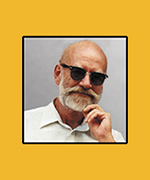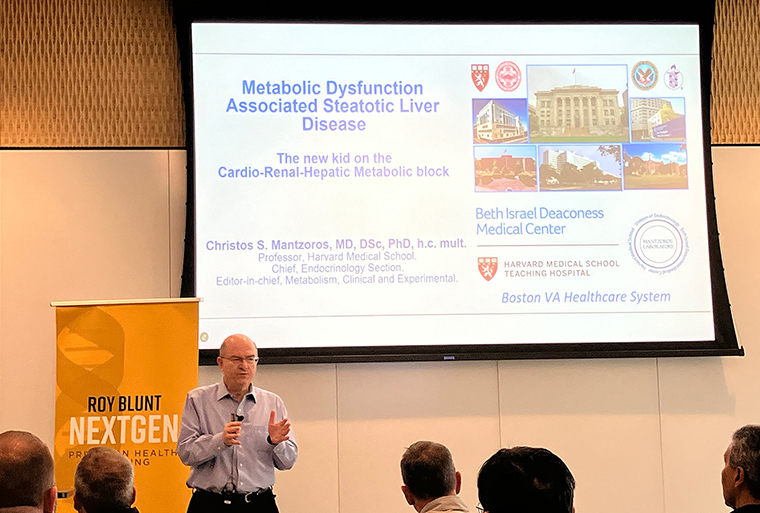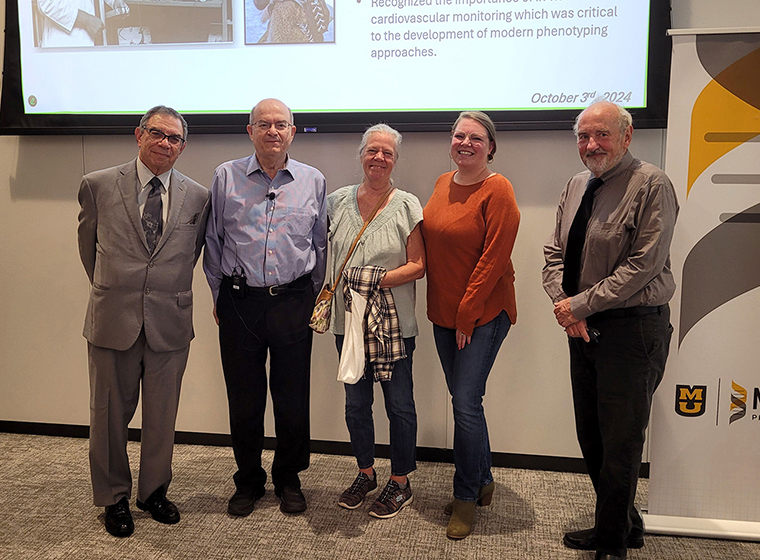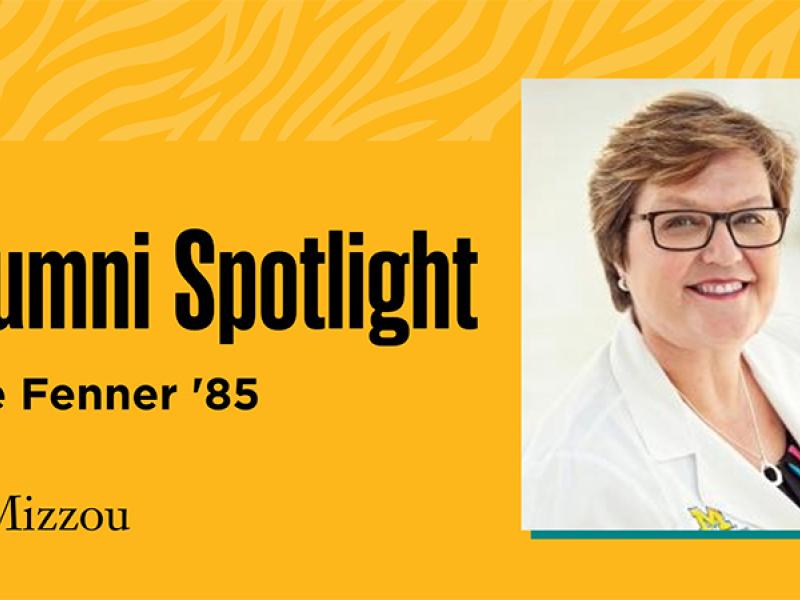Dear Colleagues,
Earlier this month, I attended a fascinating lecture at the Roy Blunt NextGen Precision Health building. A professor of medicine from Harvard Medical School, Dr. Christos Mantzoros, spoke on new and potential treatments for a common liver disease called metabolic dysfunction-associated steatohepatitis, or MASH.

Dalton Cardiovascular Research Center Director
1980-1990
This was the latest installment of the Franklin Endowed Lecture, which is also a part of the NextGen Cardiovascular, Muscle, & Metabolism Science Seminar series. The lecture was created by the family and friends of Dean Franklin, a former director of the Dalton Cardiovascular Research Center, to commemorate his many contributions to medicine. To highlight just one part of his work, Franklin’s efforts led to the creation of the technology used today for diagnostic ultrasounds.
The lecture series strives to honor Franklin by spotlighting new innovations and research in cardiovascular study. While liver disease falls under metabolism science, it’s more common in patients with obesity or type 2 diabetes – conditions which also affect heart health.
In the lecture, Mantzoros discussed new ways of diagnosing MASH, particularly by using non-invasive techniques like a blood test. The most effective way of diagnosing liver disease is by a biopsy, but the procedure can be uncomfortable, painful or simply inconvenient.

While no blood test for MASH exists – yet – Mantzoros is certainly embodying the innovative nature of Dean Franklin. He went on to talk about potential markers to identify MASH in a blood sample and how therapeutic approaches to treat liver disease have become more multidisciplinary, an approach we strongly stress at the MU School of Medicine.
After his lecture, I was honored to meet some of Franklin’s family, who also attended.

The Franklin Endowed Lecture is a perfect example of how we continue working towards groundbreaking discoveries while still honoring the past. Though Franklin has passed away, his contributions helped save thousands of lives and will save many more. We thank his family for their support over the past years.
We also thank Dr. Mantzoros for visiting our campus to provide the latest updates on how to diagnose and treat MASH. I encourage you to watch his presentation to learn more.
Sincerely,

Rick Barohn, MD
Executive Vice Chancellor for Health Affairs and Hugh E. and Sarah D. Stephenson Dean, School of Medicine
rbarohn@health.missouri.edu





